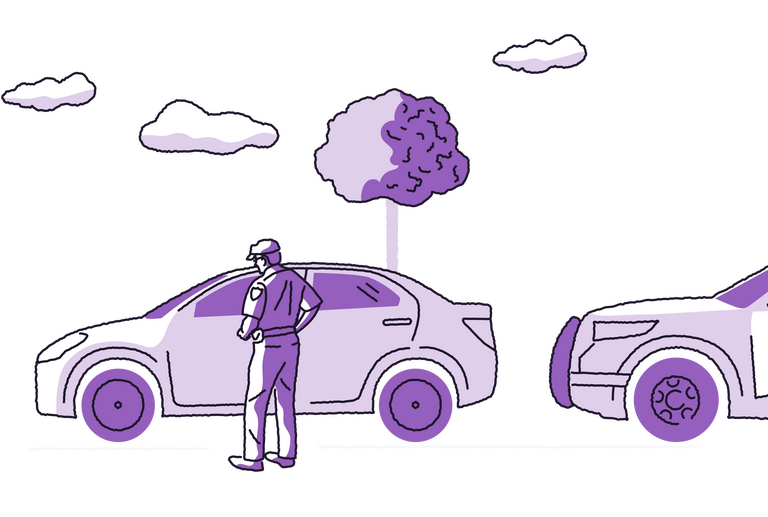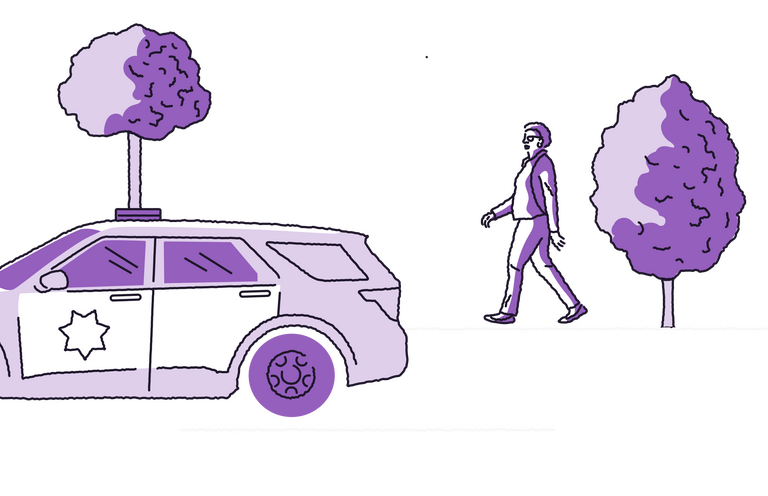Putting an End to Biased Traffic Stops
The Problem
Traffic Stops Strip Wealth From Low-Income San Franciscans
Traffic stops result in tickets and fines that strip wealth from San Francisco households. SPUR research showed that these stops and fines disproportionately impact low-income communities and communities of color.
The Cause
“Pretext” Stops Target People of Color but Don’t Make Roads Safer
Minor traffic violations like a broken taillight or dice hanging from a mirror often serve as a pretext for an investigatory stop. Even if nothing more is found, such stops can result in costly fines. SPUR’s analysis found that Black and Latinx drivers were most likely to be stopped and ticketed for these reasons. White and Asian drivers were much more likely to get pulled over for dangerous driving.
The Policy Solution
Eliminate Stops for the Least Harmful Violations
SPUR joined the Coalition to End Biased Stops to advocate for eliminating pretext stops. We conducted a data analysis and helped shape proposed policy. The SF Police Commission asked SPUR to present data on the types of stops not associated with high arrest rates, gun or drug discovery, or traffic violence. The commission used the data to identify eight stops to deprioritize.

Big Win
Police Commission Votes to End Pretext Stops
Persuaded by the data and by overwhelming support from the public, the commission voted to adopt the proposed change, resulting in the most progressive pretext-stop prohibition in the country. It expressly forbids the practice of pretext stops and deprioritizes eight types of minor stops, such as broken tail light or failure to carry registration.
Projected Impact
Fewer Stops, Fewer Fines
Estimates project roughly 10,000 fewer unnecessary traffic stops and $830,000 in avoided fines and fees each year. The success of our eorts is influencing the state and other cities to explore limits on minor traffic stops that don’t aect road safety.
